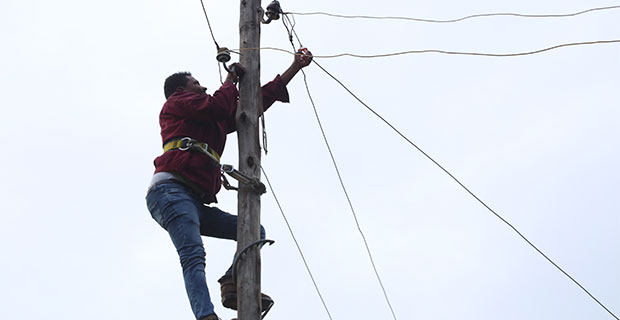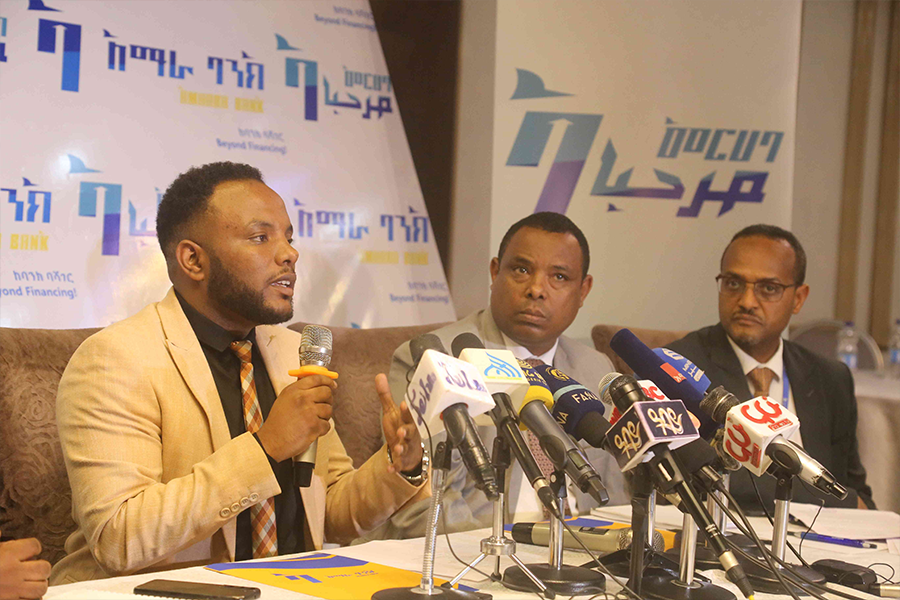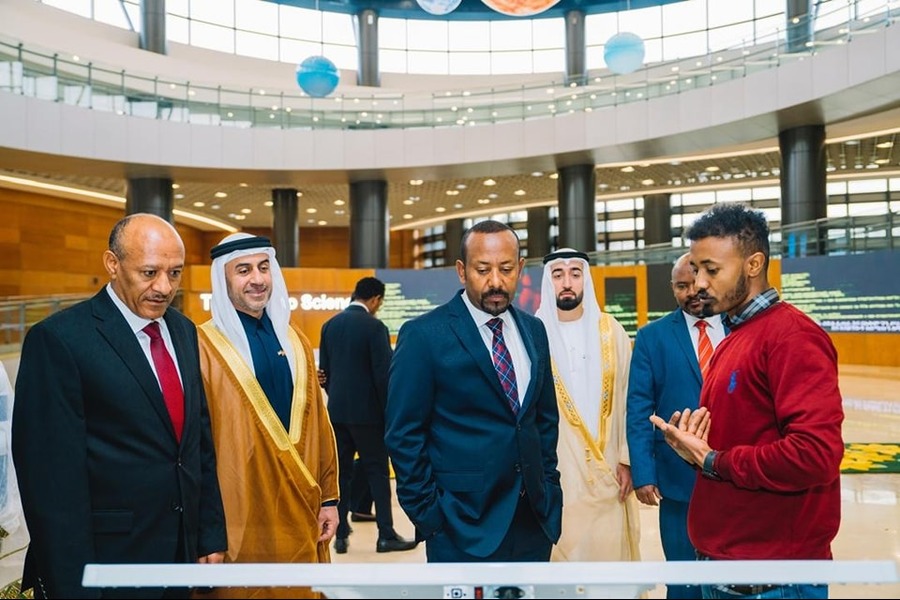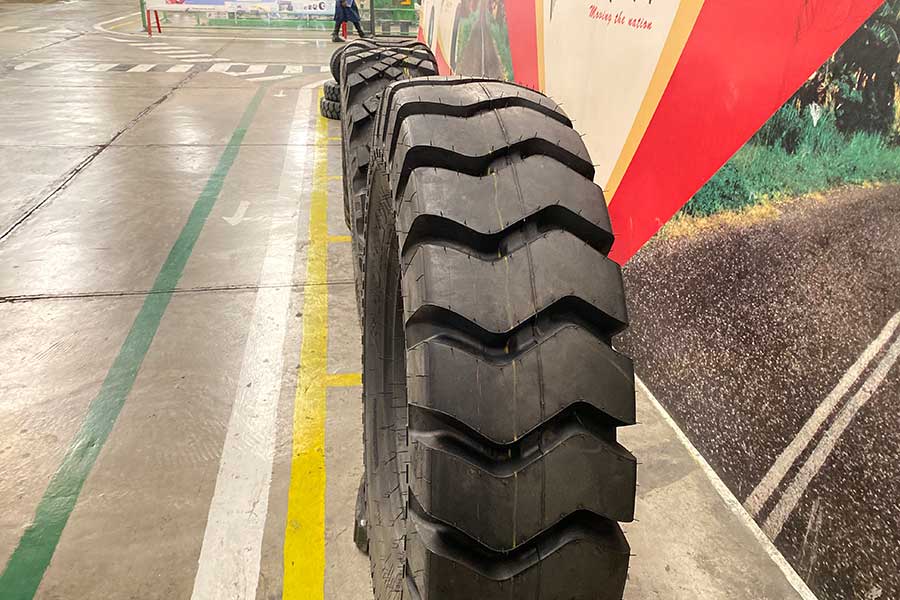
Radar | Jun 12,2021
Oromia Regional State has launched a project to upgrade infrastructure facilities of major towns with a total budget of 1.2 billion Br.
Implemented by the Oromia Urban Development & Housing Bureau, the Urban Infrastructure & Institutional Development Programme will be implemented in 38 towns. The World Bank will finance 40pc of the total cost of the project, while the rest is covered by the regional government and the administrations of the towns.
Installation of a 698Km electric line, construction of a 796Km gravel road, 483 public toilets, 200Km of cobblestone roads, sheds for small and micro-enterprises and 679Km of ditch work are the major features of the project.
The programme aims at strengthening the capacity of urban institutions to implement the recommendations of studies on urban development issues. Its basic aim is also to improve institutional performance of the local governments to effectively deliver their broader objectives, according to a document of the programme, which directly supports the government and forms a core part of the existing intergovernmental fiscal architecture.
The level of population and the towns having councils are the criteria by which the towns are selected for the implementation of the project, according to Tesfaye Temesgen, communications team leader at the Housing Bureau.
Expected to be fully completed in five years, the Regional State provides the budget on a yearly basis. The projects, which are divided by lots, are implemented by small and micro-enterprises and the maximum cost to develop a lot is 10 million Br.
“The project aims to motivate trade, create cities that are suitable for investment and living, enhance citizen participation and engagement in local government planning and budgeting, and improve infrastructure and service delivery,” said Tesfaye.
The administrations of each town are responsible for floating tenders to hire companies for the implementation of the programme. Last year the programme created job opportunities for 25,292 people in the Regional State.
The first round of the project was executed 12 years ago in Adama, Bishoftu, Shashmene and Jimma. In 2012, the second round was implemented in Nekempt, Asella, Sebeta, Burayu, Ambo, Bale Robe and Battu, increasing the number of towns to 11 and benefiting 1.5 million people.
Oromia Urban Development & Housing Bureau, which has 155 employees, began the construction of homes 13 years ago in 16 towns of the region and built 21,000 condominium houses, which have benefited 88,000 people.
Urbanization Review shows that in Ethiopia the urbanisation rate increases at about 5.4pc a year.
Aziza Abdulfetah, lecturer and chairperson of landscape architecture at the Ethiopian Institute of Architecture, appreciates the project.
These kinds of programmes help to enhance the towns and the lives of people in them, according to her, but she adds that they have to consider a long-term plan during the implementation.
"Unplanned urbanisation increases challenges on cities by limiting them to provide basic infrastructure and turning them into unattractive places," she said, "but the implementation of the project will help save time and money and improve the quality of life."
PUBLISHED ON
Sep 28,2019 [ VOL
20 , NO
1013]

Radar | Jun 12,2021

Radar | Feb 12,2022

Addis Fortune Press Release | Oct 04,2024

Fortune News | Sep 08,2019

Radar | Mar 18,2023

Covid-19 | Mar 29,2020

Radar | Jul 28,2024

Radar | Aug 28,2021

Radar | Aug 17,2019

Fortune News | Feb 15,2020

Dec 22 , 2024 . By TIZITA SHEWAFERAW
Charged with transforming colossal state-owned enterprises into modern and competitiv...

Aug 18 , 2024 . By AKSAH ITALO
Although predictable Yonas Zerihun's job in the ride-hailing service is not immune to...

Jul 28 , 2024 . By TIZITA SHEWAFERAW
Unhabitual, perhaps too many, Samuel Gebreyohannes, 38, used to occasionally enjoy a couple of beers at breakfast. However, he recently swit...

Jul 13 , 2024 . By AKSAH ITALO
Investors who rely on tractors, trucks, and field vehicles for commuting, transporting commodities, and f...

Jul 12 , 2025
Political leaders and their policy advisors often promise great leaps forward, yet th...

Jul 5 , 2025
Six years ago, Ethiopia was the darling of international liberal commentators. A year...

Jun 28 , 2025
Meseret Damtie, the assertive auditor general, has never been shy about naming names...

Jun 21 , 2025
A well-worn adage says, “Budget is not destiny, but it is direction.” Examining t...